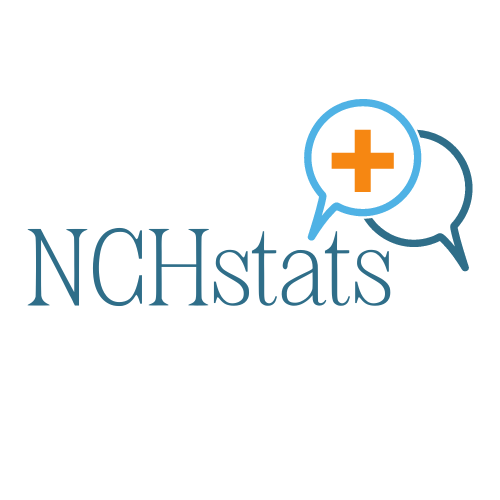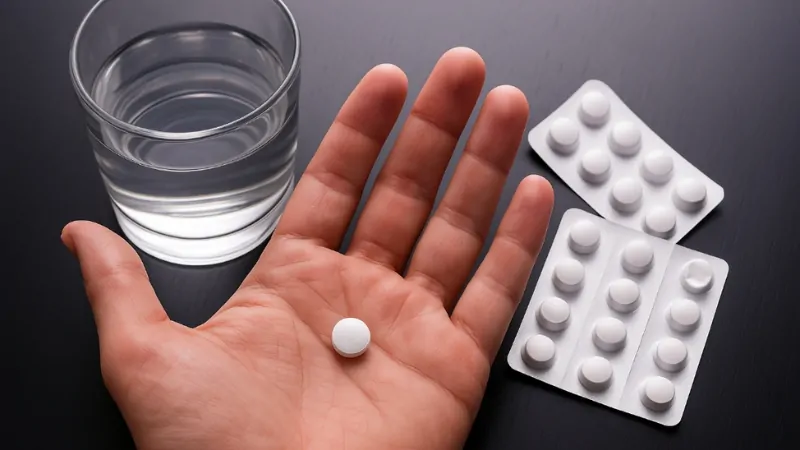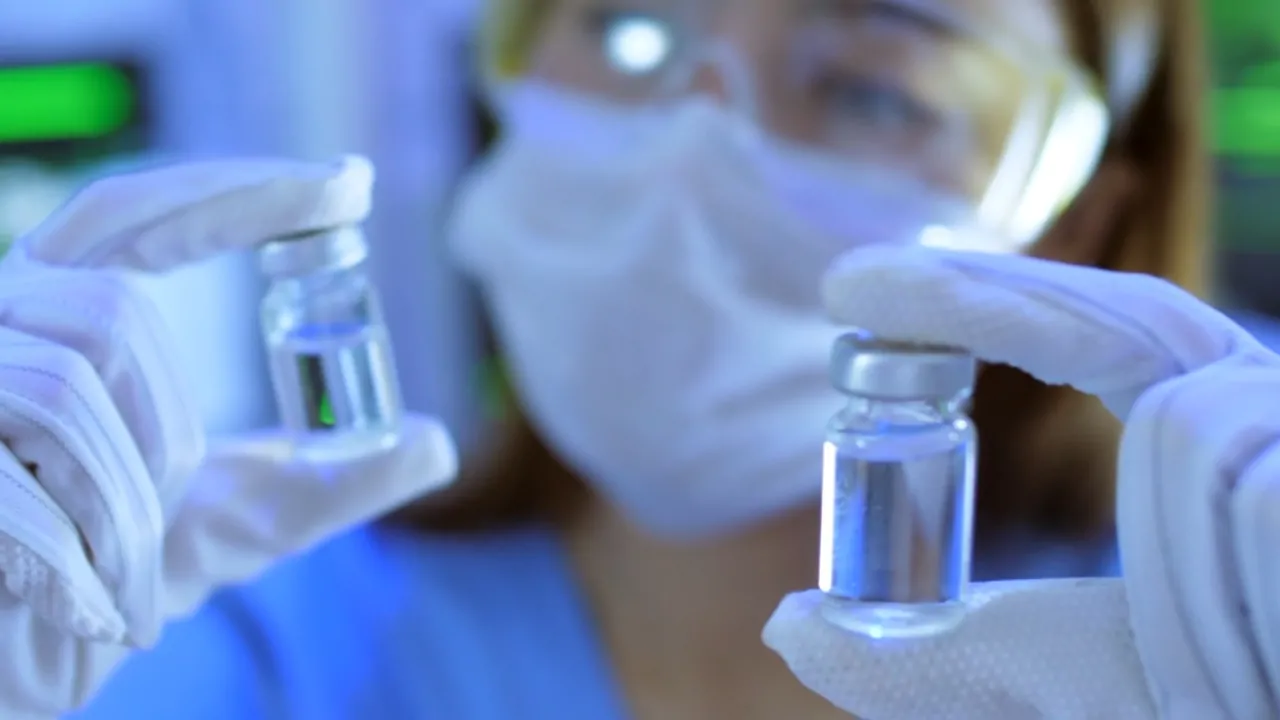Short answer: Yes—many of us are relying too heavily on medications to cope with everyday health issues, and it’s starting to have real consequences for our well-being.
We’ve all been there—you feel a headache coming on, and without thinking, you reach for a painkiller. It’s quick and convenient, and it works.
But when reaching for the medicine cabinet becomes your go-to solution for every ache, sniffle, or bout of stress, it might be time to ask: are we leaning too hard on pharmaceuticals, and could this dependence be doing more harm than good?
Statistics suggest a clear trend: Americans are using more medications than ever before, and it’s not just for chronic or life-threatening conditions. Minor symptoms are often met with immediate pharmaceutical fixes.
81% of U.S. adults use over-the-counter (OTC) medications as their first response to common ailments, such as headaches, colds, or mild pain, according to studies.
Table of Contents
ToggleKey Takeaways
Why Are We So Reliant?
One big reason? It’s easier to pop a pill than to make a lasting lifestyle change. According to Dr. Ravi Hira, a cardiology researcher from Baylor College of Medicine, “It’s probably easier for patients to pop a pill than to change their lifestyle, exercise, and lose weight.”
This is especially true in cases like heart disease, the leading cause of death in the U.S. Medications like statins—used to lower cholesterol—are among the most commonly prescribed, and their usage has increased sixfold since the early 1990s. But there’s a catch: studies show that diet and exercise can be just as effective.
A 2013 study published in The BMJ found that exercise was more effective than medication for treating stroke and equally effective in preventing heart disease and diabetes. Still, pills remain the first choice for many, likely because behavior change is harder and slower.
When Medications Do More Harm Than Good
Category
Statistic
Opioid Overdose Deaths
15,500 deaths in 2009
Increase in Opioid Deaths
300% rise over 20 years
Opioid Addiction
2.1 million Americans are addicted to prescription opioids
Increased Overdose Risk
Higher prescribed opioid doses = higher risk of accidental overdose
Antibiotics for Sore Throat
73% of cases received antibiotics (should be ~10%)
Antibiotics for Bronchitis
60% of cases received antibiotics (should be ~0%)
Infections from Drug-Resistant Bacteria
Over 2 million infections per year
Deaths from Drug-Resistant Bacteria
Over 23,000 deaths per year
Polypharmacy (5+ prescriptions)
Over 10% of Americans take 5+ prescription drugs monthly
Long-Term Aspirin Use
Linked to macular degeneration, hearing loss, and internal bleeding
Unnecessary Daily Aspirin Use
More than 10% of Americans take it without a clear need
1. The Opioid Epidemic
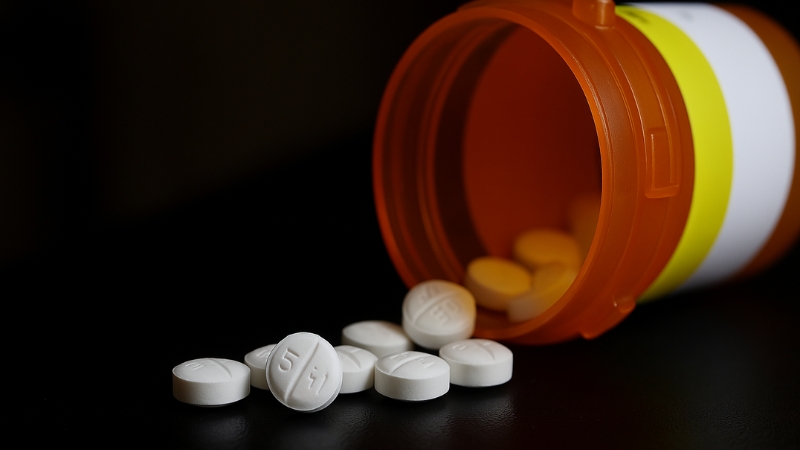
Pain medications, especially opioids, have become a national crisis. These drugs are widely prescribed for chronic pain but come with a high risk of addiction. In 2013, the CDC reported that 15,500 Americans died in 2009 from opioid overdoses.
The National Institute on Drug Abuse (NIDA) estimated in 2012 that 2.1 million people in the U.S. were addicted to prescription opioids. And it’s not just addicts at risk—people taking higher prescribed doses also face increased odds of accidental overdose, according to a 2011 JAMA study.
Over time, the issue has been widely studied across medical and research communities. Reports, databases, and public health briefings—including those found on platforms like masscenterforaddiction.com– have outlined how prescribing habits and usage trends have shifted, often correlating with spikes in misuse.
2. Antibiotic Resistance: A Growing Threat
Antibiotics are often prescribed when they aren’t necessary. For instance, the CDC reports that while only 10% of sore throats and virtually 0% of bronchitis cases require antibiotics, 73% of sore throats and 60% of bronchitis cases receive them.
This misuse fuels the rise of drug-resistant bacteria, which infect over 2 million people annually and kill at least 23,000 in the U.S. alone. According to Dr. Steve Solomon from the CDC, “The more antibiotics are used, the more quickly bacteria develop resistance.”
3. The Danger of Taking Multiple Medications
Taking multiple medications raises the risk of drug-drug interactions and adverse drug events in older patients, including worsening cognition and potentially lethal falls. Do your older patients truly need all the medications they are taking?
Read more https://t.co/lOzuStwbcJ pic.twitter.com/NSGMqM3uaB
— American Psychiatric Association (@APApsychiatric) April 19, 2021
Taking more than one medication (called polypharmacy) is common, especially among older adults, but it comes with serious risks. Over 10% of Americans take five or more prescription drugs every month. Add in OTC meds, and the interaction risks increase exponentially.
Dr. Michael Wincor, a professor at USC, warns that patients on multiple drugs can experience side effects that mimic disease symptoms, leading to misdiagnosis or even more medications. He says, “When you’re on more than 20 drugs, you’d want to question whether that’s necessary.”
Even single drugs, when used long-term, can have hidden risks. For example, aspirin, often taken daily to prevent heart attacks, has been linked to macular degeneration, hearing loss, and gastrointestinal bleeding. Yet, more than 10% of Americans take low-dose aspirin unnecessarily, according to Dr. Hira’s recent research.
Is Overprescribing to Blame?
Part of the issue may lie with the doctors themselves. Time constraints, standardized treatment protocols, and even insurance reimbursement models push many providers toward the quickest solution: a prescription.
According to Dr. James Lessenger, “Doctors may prescribe unnecessarily because they don’t have time to sit and talk about non-drug alternatives.” And although recent reforms and digital tools have helped reduce overprescribing in some cases, the problem persists.
The Power of Pharmaceutical Advertising
Let’s not ignore the role of drug advertising. Since 1985, drug companies have been allowed to market directly to consumers in the U.S.—a practice banned in most other countries.
Pharmaceutical ads often push expensive brand-name medications while downplaying risks.
He believes patients increasingly request specific drugs from their doctors—who, under pressure, often comply.
So, What Can You Do?
Medications are important, even life-saving, but overusing or misusing them is not. If you want to reduce your reliance on pills without compromising your health, here’s what you can do:
Methodology
To develop this article, we began with a clear and direct answer to the central question in the introduction, setting the stage for the reader.
We incorporated reliable statistics throughout to support claims, using data from trusted surveys and studies.
The structure follows a logical flow, from identifying the issue to exploring causes, consequences, and solutions.
Each section was broken down with relatable language and examples to keep it accessible and engaging.
We included a neutral, naturally embedded mention of masscenterforaddiction.com as part of the broader discussion on opioid trends.
Finally, we closed with a reflective conclusion that reinforces the core message without being preachy or promotional.
Summary
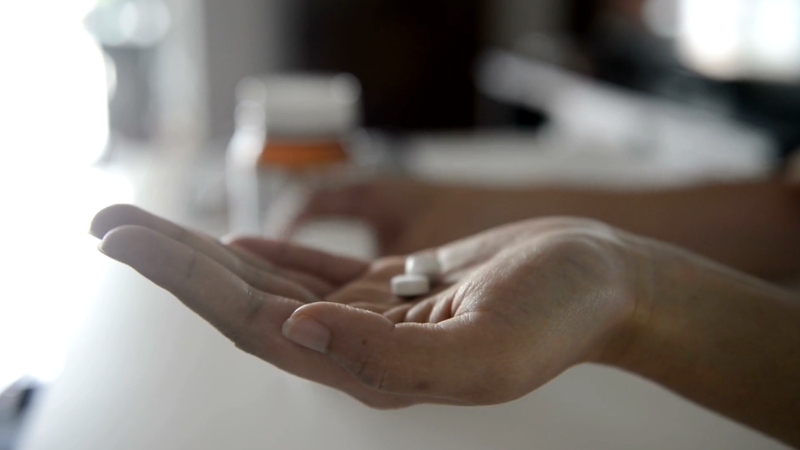
There’s no denying the value of modern medicine—many drugs save lives, ease suffering, and help people live longer, healthier lives. But somewhere along the way, we’ve started treating pills as a catch-all solution, even for problems that require deeper, long-term change.
It’s tempting to reach for a quick fix, especially in a world that moves fast and demands even faster results. But relying too heavily on medication, especially when lifestyle shifts, rest, or simple patience might do the job, can leave us more vulnerable in the long run.
My take? Respect medicine, but don’t let it replace self-awareness. Know what you’re taking, ask questions, and whenever possible—heal from the inside out. Meds can help, but they shouldn’t be your first or only option. Sometimes, the best remedy is a lifestyle that doesn’t need as many.
Related Posts:
- Dust, Broken Cables, and Too Much Coffee - A Very…
- How Much Do Teachers Get Paid in the United States…
- What 22 Million Americans Discovered Too Late About…
- Is It Possible to Increase Your IQ Through Practice?…
- Climate Change Could Kill 500,000 More People…
- This AI Already Knows Which Diseases You’ll Get by…
